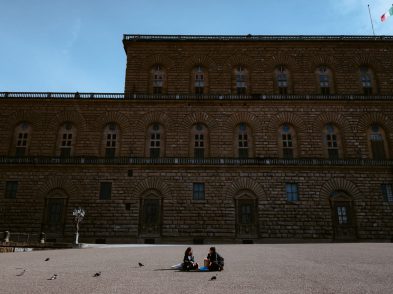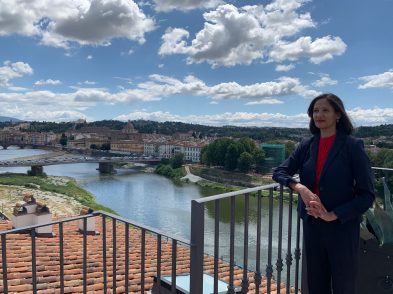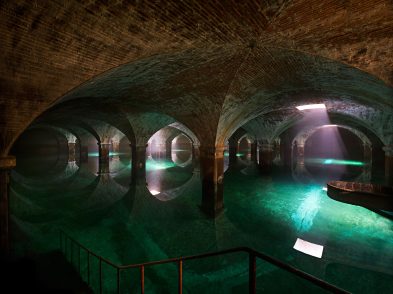It’s the spring of 2030, 08:00 on a sunny Wednesday morning, and you’ve stopped by an elegant café on a pedestrianised section of the lungarno near the Ponte alle Grazie. Along the bike lane to one side, a couple of electronic scooters drift past as you check your messages using the free city-wide wi-fi. Afterwards, you wander through the narrow streets towards Santa Croce. Lots of pedestrians, bikes and a few electric service vehicles glide quietly by, zero emissions. You stop in a bottega, where the thirty-something owner has taken on three apprentices to help supply the growing international demand for their Made in Florence craftwork. You pick out a beautiful little something for yourself (or someone special). In the piazza you sit down for a moment on a comfortable bench in the shade of the trees clustered near the fountain, gazing towards the basilica. There is a small group of tourists entering the cloister gates for their timed visits, no queues. Others are sitting in the cafés that line the piazza, enjoying leisurely refreshments. The sun glints off the elegantly designed solar panels woven into the ancient rooftops. You chat to the couple sitting on the next bench. They’re from Idaho and are staying in an AirBnB over by San Lorenzo for three weeks, a week longer than the legal minimum ABB stay. They talk about how they’re doing only one church or museum visit a day, and have arranged to go out on visits to Panzano and San Miniato to see something of the countryside too. The rest of the time they enjoy slow meals, visit a few shops and find a quiet spot to sit and watch, just as they are doing now. Last night, they met a bunch of interesting locals at a contemporary arts event at SOTTO al British, a cool venue in the Oltrarno.
It’s time to get some work done, planning the launch of your new project for sustainable technological solutions (it’s still a bit secret), which you are developing with graduate students from a prestigious American university. One of the big companies out in Scandicci is taking a serious interest in what you’re doing, so you need to get it right. You scan out a city bike and pedal over towards San Marco, where you tap into a sixteenth-century palazzo that has been repurposed as a co-working space and incubator. You grab a desk and prepare for your meeting with the onsite advisor. She’s a very clued up lady, working for the Comune, and she’s got all the answers about how you can set up your enterprise and where to look for a few euros of venture capital. In the last couple of years, the tech sector in Florence has tripled in size, clustering round UniFi’s renowned centres of excellence that attract thousands of international students coming for postgraduate degrees and the joint research projects with the resident American, Chinese and Indian programmes. It feels good; it’s going to be a great day in the world’s smallest—and most beautiful—zero-carbon global city.
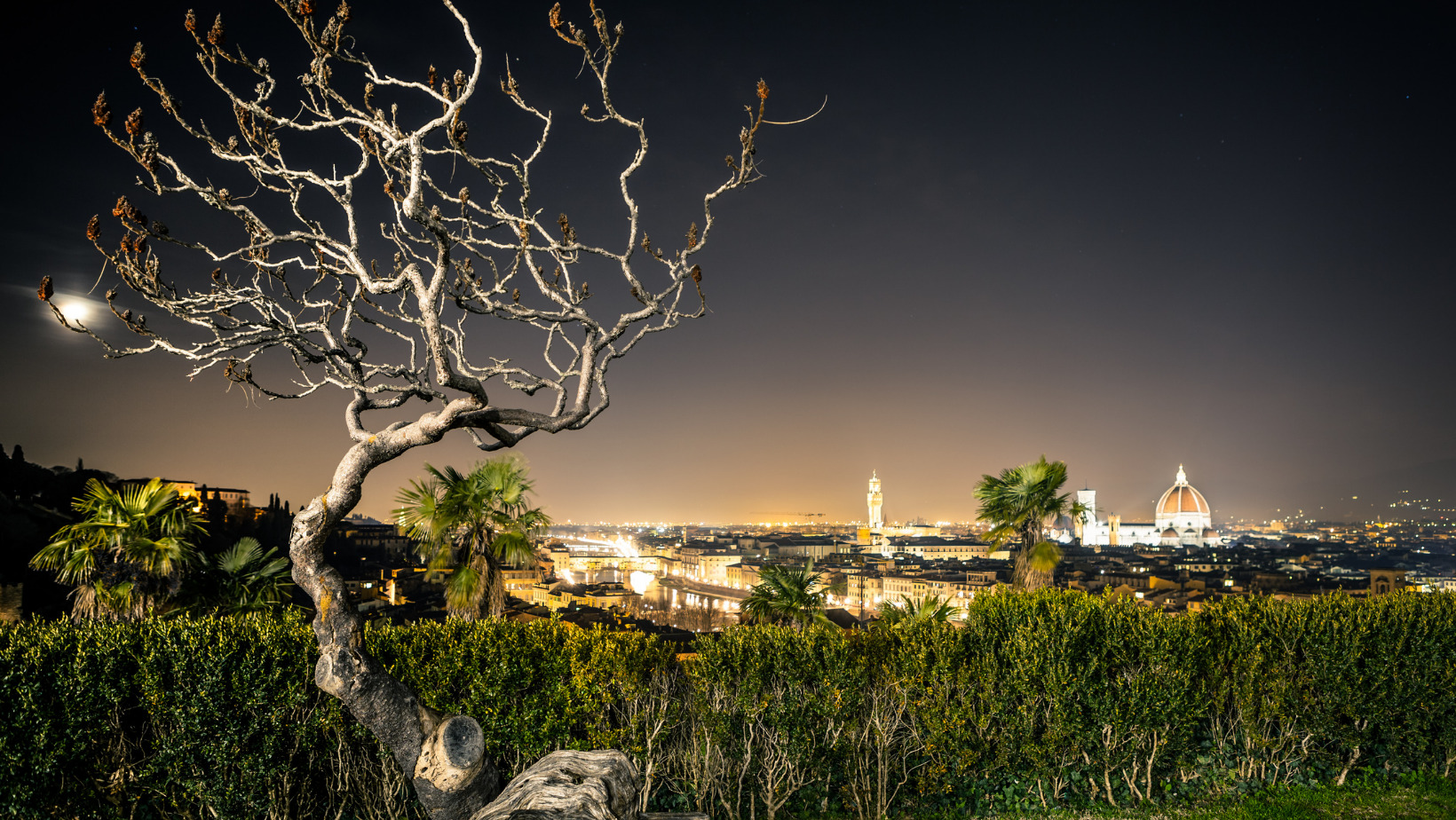
Florence as inspiration
This dreamy sketch of how Florence could be in the future derives from an action research project undertaken by The British Institute of Florence over the last few months. The Future of Florence is the first project in the Institute’s new programme strand Firenze NOW!, dedicated to exploring contemporary Florence. A series of panel discussions brought together international expertise with Florentine leaders to talk about remaking the city as the COVID pandemic starts to subside. We have now published a short Future of Florence Report, which elaborates an exciting vision for Florence to become a world-class centre for the interconnected sectors of international higher education and research, the knowledge economy, quality tourism and environmental sustainability. The report, which has been warmly received by the City of Florence’s strategic planning department, proposes policies to adopt and actions to take in order to establish Florence as a world leader in these sectors. It is a vision to rebuild the local economy for sustainability and prosperity, whilst improving the amenity and liveability of Florence for both residents and visitors.
Let’s make it happen!
Download a copy of The Future of Florence Report on The British Institute’s website.
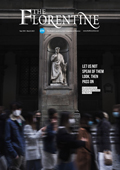
This article was published in Issue 276 of The Florentine.

